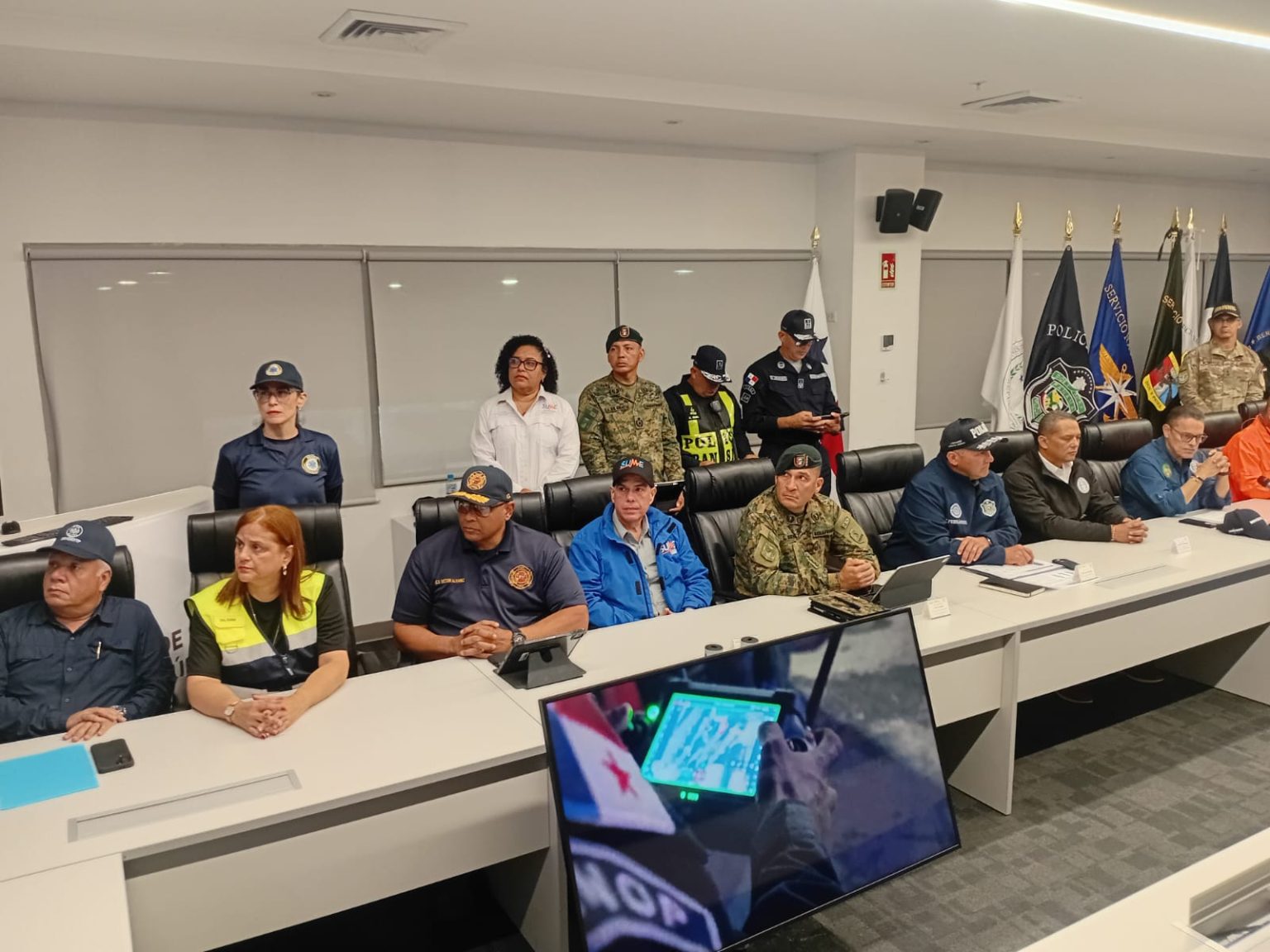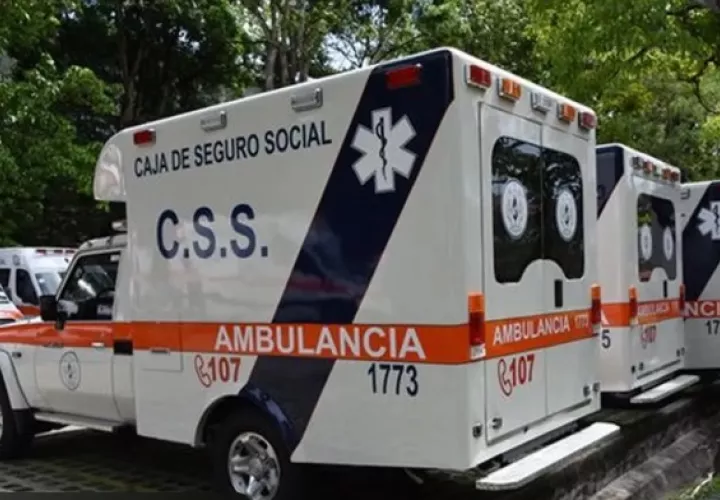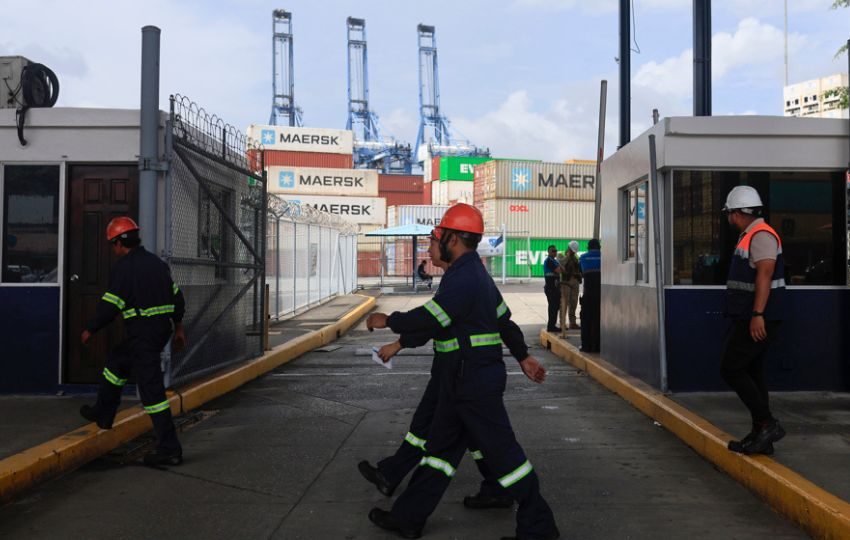Pirate bus numbers shrinking, but solution is long term

The number of Panama’s “pirate” buses characterized by high speed, loud music, multiple accidents, overcrowding, and fares double that of Metro buses is shrinking according to Julio González. director of the Transport Authority (ATTT),

He said the increase in the number of metro buses, the reduction of the price of the corridors to 75 cents tougher penalties for drivers driving without authorization have been contributing factors but low-income workers struggling to get to work or return home, after a long day continue to create the demand and the overpacked busitos provide the supply for those prepared to risk life and limb in the absence of safer transport.
“It’s a complex mobility issue, the authorities have not given up on this situation. We hope that in the western area where the contract for line 3, has been signed the extension to 8 lanes on the Arraiján-La Chorrera road, will solve the problem but we must remember that these processes take time “said González.
Esperanza Mena, leader of the Association of Public Transport Users said that Panamanians usually do not want to use the informal service, but given the need to move and go to work, school or home because of the low supply f legal buses, some opt for the “pirates”.
“We are really worried when there are traffic accidents involving the pirates; there is no one who covers the expenses that have to do with rehabilitation and disabilities and we only hope that the authorities implement integral solutions,” Mena said.
The reform of Law 14 of 1993 , states that: Vehicles must meet the conditions of operation, safety, and health so that their circulation does not constitute danger to passengers, in addition, it is required that the vehicles that provide the service must have insurance policy to guarantee, in case of accident, compensation for injury and death of each passenger.
Some Panamanians residing in the western sector pay $6 a day, on round trips while the fine for drivers who fail to comply with the regulations is $1,000





